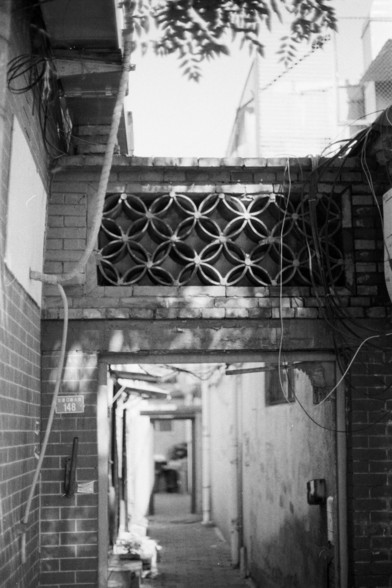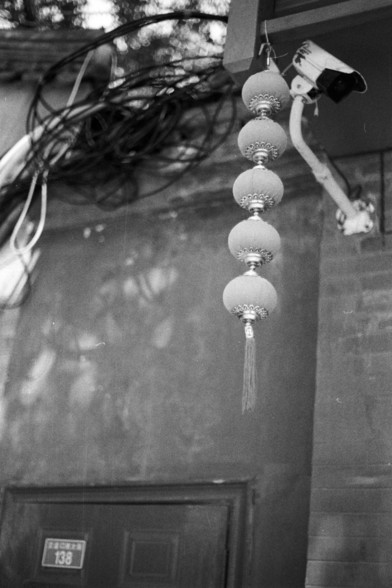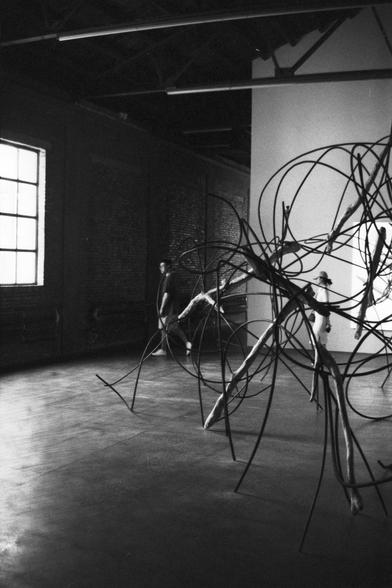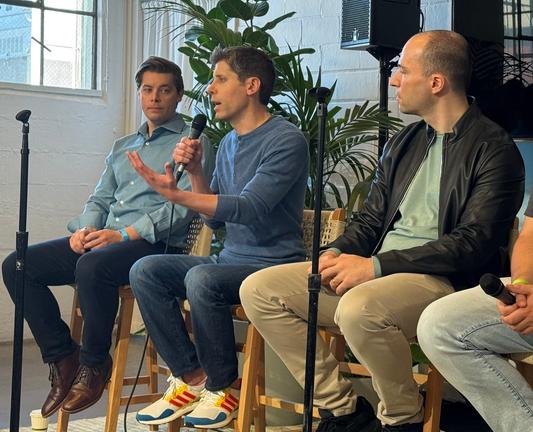2025-07-08 00:30:05
Urban Solitude III 🈳
城市孤独 III 🈳
📷 Pentax MX
🎞️Fujifilm Neopan SS, expired 1995
buy me ☕️ ?/请我喝杯☕️?
#filmphotography
2025-10-06 00:30:03
Moody Urbanity - Somewhere 🔲
情绪化城市 - 某处 🔲
📷 Nikon FE
🎞️ Lucky SHD 400
#filmphotography #Photography #blackandwhite
2025-09-06 16:10:23
𝕮𝖆𝖙𝖚𝖗𝖉𝖆𝖞 𝕾𝖕𝖊𝖈𝖎𝖆𝖑 𝕰𝖉𝖎𝖙𝖎𝖔𝖓: Three adorbs cats in my neighborhood (sounds like I'm posting to NextDoor!)
#cats #photo #photography
2025-08-06 08:52:48
A precautionary warning about the @… Mastodon account at https://mas.to/@doaaalbaz0 that claims to be a journalist in Gaza.
The account followed me and immediately sent a DM. It appe…
2025-07-08 06:35:50
Tip for #FlyingLess as a family: prepare for long train rides with board card games. The #privacy friendly app games by @… are absolutely brilliant, easy to use, stable not stealing your data (or trying to sell your kids stuff).
(Edited to give right masto account: top work, thanks Secuso🙏 for the hours of fun your sudoku app has provided already).
https://secuso.aifb.kit.edu/english/105.php
2025-08-08 06:26:15
Hmmmm… here is a problem I did not anticipate.
Every time I empty the main pond hole of water, (the actual hole under the liner) water returns within an hour or two. I’ve done it 4 times now, and it keeps filling back up with water.
Obviously there is water underground infiltrating into the pond hole, and/or the water table itself is above the bottom of the hole. It is not coming from either of the other holes because they both have the same amount of water in them as they did this morning.
I have “watered” the blueberry patch and hazelnut tree a lot with the water that I have been cleaning the filter with… and we also had lots of water flying around outside the liners yesterday as I tested the pump. So it is quite possible that the ground around the pond is simply well saturated.
I think I am going to have to just keep removing the water (and putting it into the sewer) until it does not refill. We have a week of hot weather coming. Surely that will be enough time for everything to dry out completely.
Otherwise I might run into some issues if the rains return before I can anchor down the pond liner with gravel and get the plumbing in!
How is time already running short!?
Never underestimate the ability of water to find a place where it is not wanted. 😆
#poolpond #backyardProject #diy
2025-08-07 17:12:00
2025-09-06 14:34:28
Anyone from Microsoft following me?
I’m going to leave GitHub (I’ve been a user since the beta days) and will incessantly ask everyone I know to leave it as well if you don’t roll back the “can’t opt out” force-feeding of “AI” nonsense.
You should also have no integration or collaboration with Xai at all, ever.
Make your management have some sense, this is hostile and disgusting and wrong.
#github
2025-10-07 14:28:38
2025-09-08 05:01:21
Filing: Shanghai-based, US-listed lidar maker Hesai aims to raise ~$497M in its Hong Kong IPO, offering 17M shares at up to $29.25 each, amid US delisting risks (Dave Sebastian/Bloomberg)
https://www.bloomberg.com/news/articles/2025…












